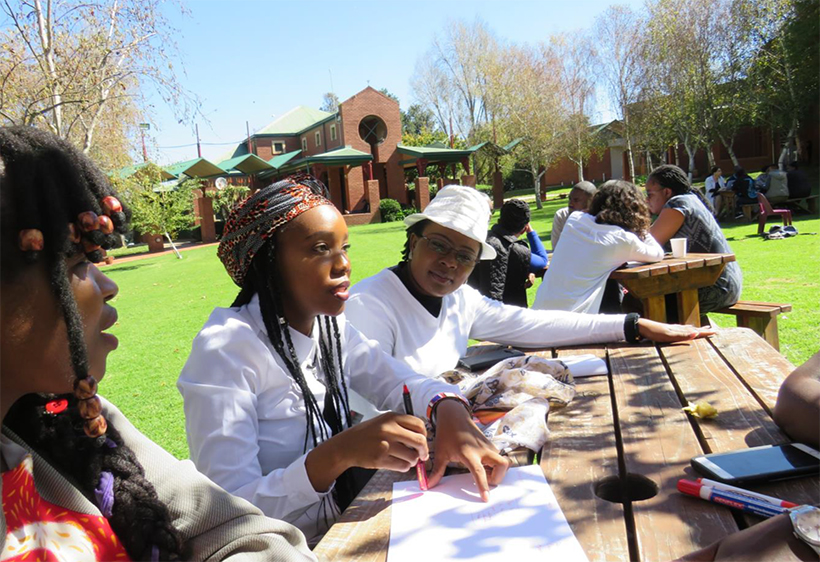skip navigation and go to main content
- The spread of COVID-19 has challenged most African nations
- It is the recommendation of the World Health Organisation and the African Union Centre for Disease Control and Prevention that, if you have any signs or symptoms you should immediately self-isolate. There is also an emphasis on social distancing and recommendations to #stayhome as a preventative measure from both organisations.
- What does this mean in the life of a typical African, especially a young African? According to a study by the International Labor Organisation, nearly eight out of ten employed persons in Sub-Saharan Africa were in vulnerable forms of employment. Accordingly, the vulnerable employment rate was estimated at 76.6 per cent in 2014.
- According to the same study, non-agricultural employment in the informal economy represents 66% of total employment in sub-Saharan Africa and 52% in North Africa. In a continent that is not at the cutting edge of telecommunications or wireless communications this often means that informal income activities rely on interpersonal interactions
- It is in this context that the African Youth Networks Movement convened a meeting of youth networks in the SADC region to find ways to balance to gain a perspective on youth lives in COVID-19 and how best we can highlight their work and combined solutions.
Read more


